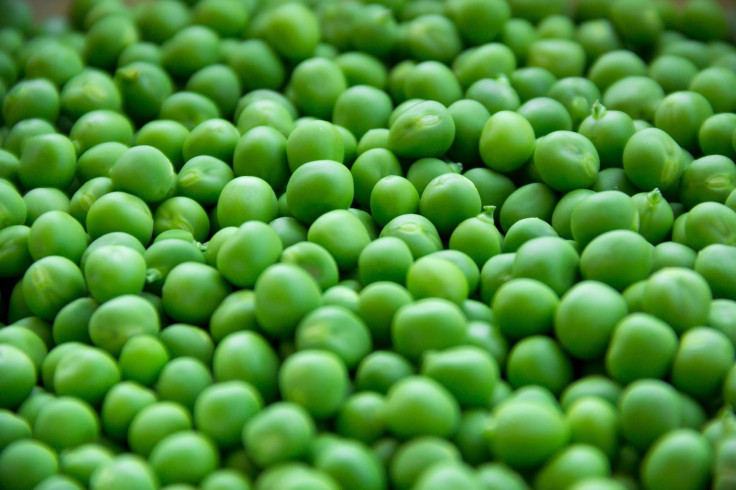Health Benefits Of Non-Dairy Milk: New ‘Pea Milk’ Is Packed With Protein, Calcium

Ordinary dairy milk serves up some extraordinary benefits, such as calcium, protein, potassium, and Vitamin B. For those of you who don’t drink regular milk because you don’t like the taste or are lactose intolerant, there are plenty of non-dairy milks out there that go beyond the basics of almond and soy milk and that may provide you with the nutrition that’s good for your bones and overall health. A new dairy alternative has joined the ranks of these.
Developed by a company called Ripple, the pea milk boasts 8 grams of protein per serving, no sugar, and 50 percent more calcium than milk. Ripple was created as a way to steer the world towards more plant-based foods and away from the negative environmental effects of regular dairy production.
Ripple will be available at Whole Foods on May 2, and it took around a year for Adam Lowry, founder of Ripple, to find the best recipe and technology to make it happen. Striking the right balance was necessary, due to the fact that peas don’t taste like milk on their own, but they’re also filled with protein. So it was important to “separate the good stuff from the peas from all of the stuff that kind of gives it that off-flavor and color,” he told FastCoExist.
“The primary challenge is one of flavor,” Lowry continued. “If you just make pea milk the way that you make almond milk, with regular yellow peas, you can get a very high protein beverage, but it frankly tastes terrible. That’s because if you put a lot of peas in the milk, it’s going to taste like peas.”
There’s a wide variety of non-dairy milks, including coconut, soy, almond, flax, rice, hemp, quinoa, and cashew milk — and they all come with their positives and negatives. However, there’s also the question of whether any of these are actually much healthier for you than regular milk. While many non-dairy milks boast high levels of calcium and protein, many might often be packed with sugar, which is why it’s important to read the nutritional facts on the back before choosing one. At any rate, most non-dairy milks attempt to mimic the nutritional levels in regular milk, just without the dairy (and sometimes without the saturated fat that’s typically high in cow’s milk).
They can be healthy for you if you’re lactose-intolerant, but if you’re capable of eating dairy, it may be even healthier to stick to regular cow’s milk. Experts have generally agreed in recent years that nutrient-dense foods like whole milk may be even healthier for you than low-calorie options, especially if you consume them in moderation.



























